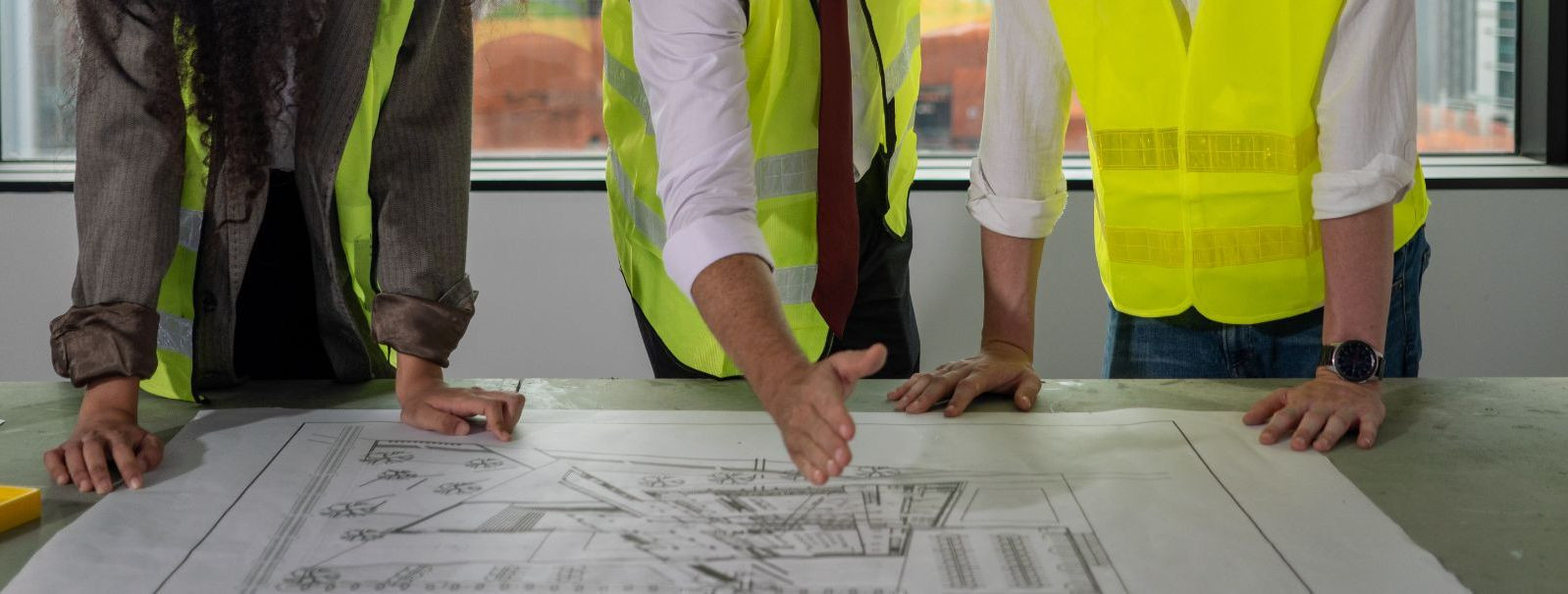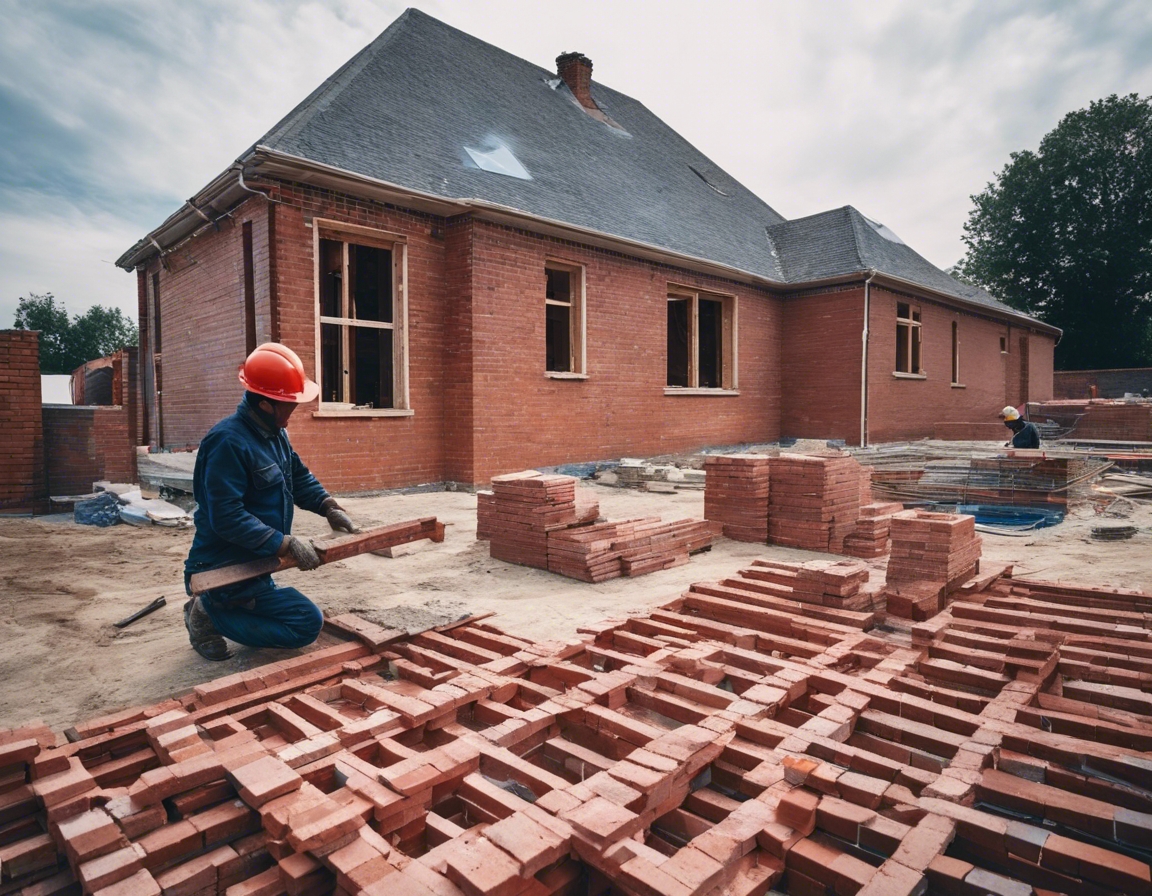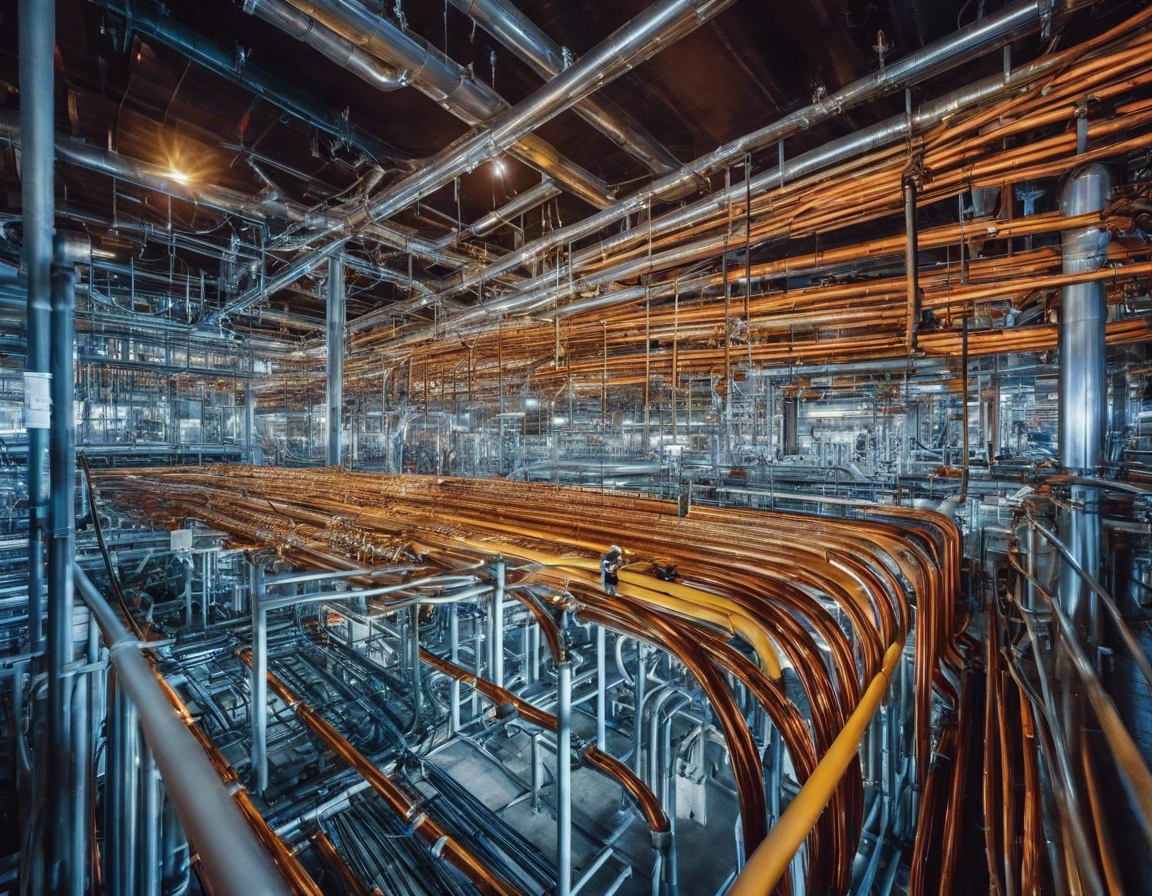How to ensure quality in large-scale construction
Quality in construction is the foundation of a successful project. It encompasses all aspects of the building process, from the initial design to the final touches. Ensuring quality is especially critical in large-scale construction, where the complexity and scale of projects can present unique challenges.
Understanding the Scope of Large-Scale Construction
Large-scale construction projects are characterized by their extensive scope, high budgets, and long timelines. These projects often involve multiple stakeholders and require meticulous coordination.
Large-scale projects come with their own set of challenges, including logistical complexities, regulatory compliance, and the need for specialized expertise.
Key Principles of Quality Management
Leadership commitment is crucial for setting the tone for a quality-focused project. It is the leadership's responsibility to establish and uphold quality standards throughout the construction process.
Understanding and meeting the needs of the customer is central to delivering quality in construction. This means engaging with clients to ensure their vision is accurately translated into the project.
Quality management is an ongoing process that requires regular evaluation and adjustment. Continuous improvement practices help identify areas for enhancement and ensure that quality standards evolve with the project.
Quality Assurance in Construction
A comprehensive quality assurance plan outlines the policies, procedures, and standards necessary for achieving quality objectives. It serves as a roadmap for the project team to follow.
Quality control involves various techniques and procedures to ensure that construction meets or exceeds the set standards. This includes regular inspections, testing, and audits.
Accurate documentation and record keeping are essential for tracking progress and maintaining accountability. They provide a clear history of decisions, changes, and actions taken throughout the project.
Quality in Design and Planning
The design phase is where quality begins. Integrating quality considerations into the design process ensures that the project is not only aesthetically pleasing but also functional and durable.
Effective planning is key to a successful construction project. It involves detailed scheduling, resource allocation, and contingency planning to handle unexpected issues.
Quality in Materials and Workmanship
Using high-quality materials is fundamental to the longevity and performance of the construction. Sourcing materials from reputable suppliers ensures that they meet the necessary standards.
Skilled workmanship is equally important as the materials used. Employing experienced and qualified workers guarantees that the construction is carried out to the highest standard.
Quality in Project Management
Clear and effective communication among all parties involved is vital for coordinating efforts and ensuring that everyone is aligned with the project's quality objectives.
Identifying and managing risks proactively can prevent issues from affecting the project's quality. A robust risk management strategy is an integral part of quality assurance.
Time management is crucial for maintaining quality. Delays can lead to rushed work and compromised standards, so it's important to adhere to the project timeline.
Quality in Health, Safety, and Environment
Adhering to health and safety standards is a non-negotiable aspect of quality construction. It protects workers and the public while ensuring that the project complies with legal requirements.
Quality construction also involves minimizing the environmental impact of the project. Sustainable practices and materials can enhance the overall quality and longevity of the construction.
Technology and Innovation in Ensuring Quality
Embracing new technologies can improve accuracy, efficiency, and quality in construction. From building information modeling (BIM) to advanced machinery, technology plays a crucial role in modern construction.
Innovative practices, such as prefabrication and modular construction, can lead to better quality control and more efficient use of resources.
Training and Development for Quality
Continuous training and development of the workforce are essential for maintaining high-quality standards. It ensures that the team is up-to-date with the latest construction techniques and standards.
Creating a culture that values quality over speed or cost is fundamental. It encourages everyone involved to take pride in their work and strive for excellence.






Comments (0)